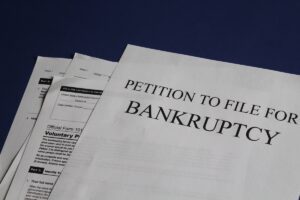The decision to file for bankruptcy is a significant step towards finding relief from overwhelming debts. However, many individuals hesitate due to concerns about its impact on their credit scores. Understanding the relationship between bankruptcy and credit scores is essential to make informed decisions about your financial future. As a seasoned Miami bankruptcy lawyer, I aim to shed light on how bankruptcy can affect credit scores and the steps you can take to rebuild your credit after bankruptcy.
Bankruptcy and Credit Scores: The Initial Impact
Filing for bankruptcy will undoubtedly have a negative impact on your credit score. The specific impact will depend on the type of bankruptcy you file. Chapter 7 bankruptcy, which involves the liquidation of assets to pay off debts, and Chapter 13 bankruptcy, which involves a debt repayment plan, can stay on your credit report for ten years from the filing date.
The credit score drop after bankruptcy can vary depending on your credit history and score before filing. If you have already suffered drop in your credit score due to many months or years of late payments, the filing of the bankruptcy will not cause a material change in your credit score. However, if you file a bankruptcy before you’ve missed your first credit card payment, the filing of the bankruptcy will certainly cause your credit score to drop greatly.

Rebuilding Credit After Bankruptcy
Although bankruptcy affects your credit score, it’s not a permanent stain on your financial record. With responsible financial practices and a strategic approach, you can rebuild your credit over time. Here are some essential steps to begin rebuilding your credit after bankruptcy:
- Create a Budget: Develop a realistic budget that aligns with your income and expenses. Make sure to allocate funds for essential living expenses and any remaining debts you must repay as part of the bankruptcy process.
- Secured Credit Card: Consider obtaining a secured credit card. This type of card requires you to provide a security deposit, limiting the lender’s risk. Use the card responsibly, keeping your credit utilization low and making timely payments.
- Timely Payments: Pay all your bills on time. Payment history is a significant factor in determining your credit score, so consistent and timely payments can help improve it over time.
- Monitor Credit Reports: Regularly review your credit reports to ensure they are accurate and up-to-date. Dispute any inaccuracies you find with the credit bureaus to maintain a clean credit history.
- Responsible Credit Usage: Be cautious with new credit accounts. Use credit wisely, and never accumulate more debt than you can handle. In fact, you should never use credit cards to finance purchases that you can’t pay off in a month or two unless you are granted a zero percent interest rate for a specified period of time. If you do get a zero percent “teaser rate” for a specified purchase, you must budget to pay off the purchase amount a few months before the end of the teaser period in case an unexpected expense prevents you to from making a planned payment. Focus on building a positive credit history by using credit sparingly and responsibly.
- Seek Professional Guidance: Work with a Miami bankruptcy lawyer or a reputable credit counselor who can provide personalized advice on improving your credit post-bankruptcy.
Bankruptcy can offer a fresh start for individuals burdened by overwhelming debts, but it does have an initial impact on credit scores. However, rebuilding credit after bankruptcy is entirely achievable with responsible financial practices and patience. By taking steps to improve your credit, you can gradually rebuild your financial health and regain control of your financial future.
If you’re considering bankruptcy and have concerns about its impact on your credit scores, consult with a knowledgeable Miami bankruptcy lawyer. They will help you understand the process, explore your options, and provide guidance on rebuilding your credit after bankruptcy. Remember, while bankruptcy may affect your credit score in the short term, it can lead to long-term financial stability and a brighter financial outlook.
